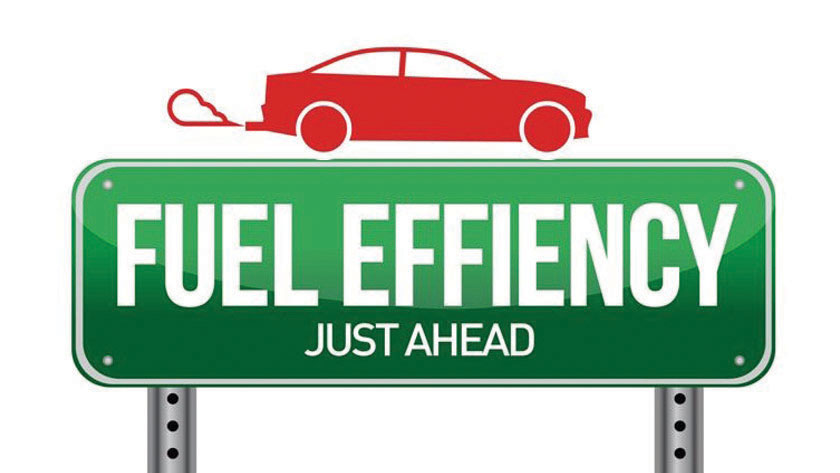Introduction
In a world where environmental consciousness and rising fuel costs converge, mastering fuel efficiency has become a crucial skill for drivers. Whether you’re a seasoned driver or a novice hitting the road for the first time, adopting fuel-efficient driving habits not only contributes to a healthier planet but also helps you save money. In this comprehensive guide, we’ve gathered invaluable tips from experienced driving instructors to empower you with the knowledge needed to maximize fuel efficiency on every journey.
I. Understanding the Basics of Fuel Efficiency
Maintain Your Vehicle Regularly
One of the foundational principles of fuel efficiency is maintaining your vehicle in top condition. Regular servicing, including oil changes, air filter replacements, and tire rotations, ensures that your engine operates smoothly and consumes fuel more efficiently. A well-maintained vehicle is not only safer but also more fuel-efficient.
Check Tire Pressure Frequently
Underinflated tires create unnecessary drag, forcing the engine to work harder and consume more fuel. To optimize fuel efficiency, check your tire pressure regularly and ensure that it aligns with the manufacturer’s recommendations. Well-inflated tires not only improve fuel economy but also enhance vehicle handling and safety.
Travel Light and Streamline Your Vehicle
Excess weight hampers fuel efficiency, as the engine must work harder to move a heavier load. Remove unnecessary items from your vehicle, and avoid carrying excessive baggage on the roof, as it creates wind resistance. Streamlining your vehicle by removing roof racks when not in use can significantly reduce aerodynamic drag, contributing to better fuel efficiency.
II. Mastering Fuel-Efficient Driving Techniques
Smooth Acceleration and Deceleration
Abrupt starts and stops consume more fuel than gradual acceleration and deceleration. Practice smooth driving techniques by gently applying the accelerator and brakes. Anticipate stops and allow your vehicle to coast whenever possible. This not only conserves fuel but also promotes a more relaxed driving experience.
Maintain a Consistent Speed
Frequent speed changes can adversely affect fuel efficiency. When driving on highways, use cruise control to maintain a steady speed. Avoid unnecessary lane changes and sudden acceleration, as these actions force the engine to work harder, consuming more fuel.
Utilize Engine Braking
Instead of relying solely on your brakes, take advantage of engine braking when descending hills or approaching stops. Downshifting and allowing the engine to slow the vehicle can save fuel and reduce wear on your brake system.
Limit Idling Time
Idling consumes fuel without moving the vehicle, resulting in wasted energy and increased emissions. If you anticipate being stationary for more than a minute, consider turning off the engine. Modern engines are designed to handle frequent starts, and this practice can significantly contribute to fuel savings over time.
III. Optimize Driving Conditions
Plan Efficient Routes
When possible, plan your routes to avoid heavy traffic, construction zones, and steep inclines. Use navigation apps that provide real-time traffic information to help you choose the most fuel-efficient path. A well-thought-out route can minimize delays and enhance overall fuel efficiency.
Time Your Trips Wisely
Traffic congestion during peak hours often leads to stop-and-go driving, which is fuel-intensive. If your schedule allows, consider traveling during off-peak hours to avoid heavy traffic and enjoy a smoother, more fuel-efficient commute.
IV. Embrace Advanced Driving Techniques
Hybrid and Electric Vehicles
For those considering a new vehicle, hybrid and electric cars offer significant fuel savings and environmental benefits. These vehicles utilize a combination of traditional engines and electric power, optimizing fuel efficiency and reducing emissions. Additionally, electric vehicles produce zero tailpipe emissions, contributing to a cleaner and more sustainable environment.
Regenerative Braking Systems
Some hybrid and electric vehicles feature regenerative braking systems, which convert kinetic energy into electric energy during braking. This recovered energy is then stored and used to power the vehicle, reducing the overall demand on the traditional engine and improving fuel efficiency.
Conclusion
Mastering fuel efficiency is not only a responsible choice for the environment but also a savvy decision for your pocket. By incorporating the tips shared by experienced driving instructors into your daily routine, you can transform your driving habits and contribute to a more sustainable and cost-effective future. From maintaining your vehicle and adopting smooth driving techniques to optimizing routes and embracing advanced technologies, these strategies empower you to become a fuel efficiency expert. As you embark on this journey, remember that every small change in your driving habits adds up, making a significant impact on both your wallet and the planet. Safe travels!







